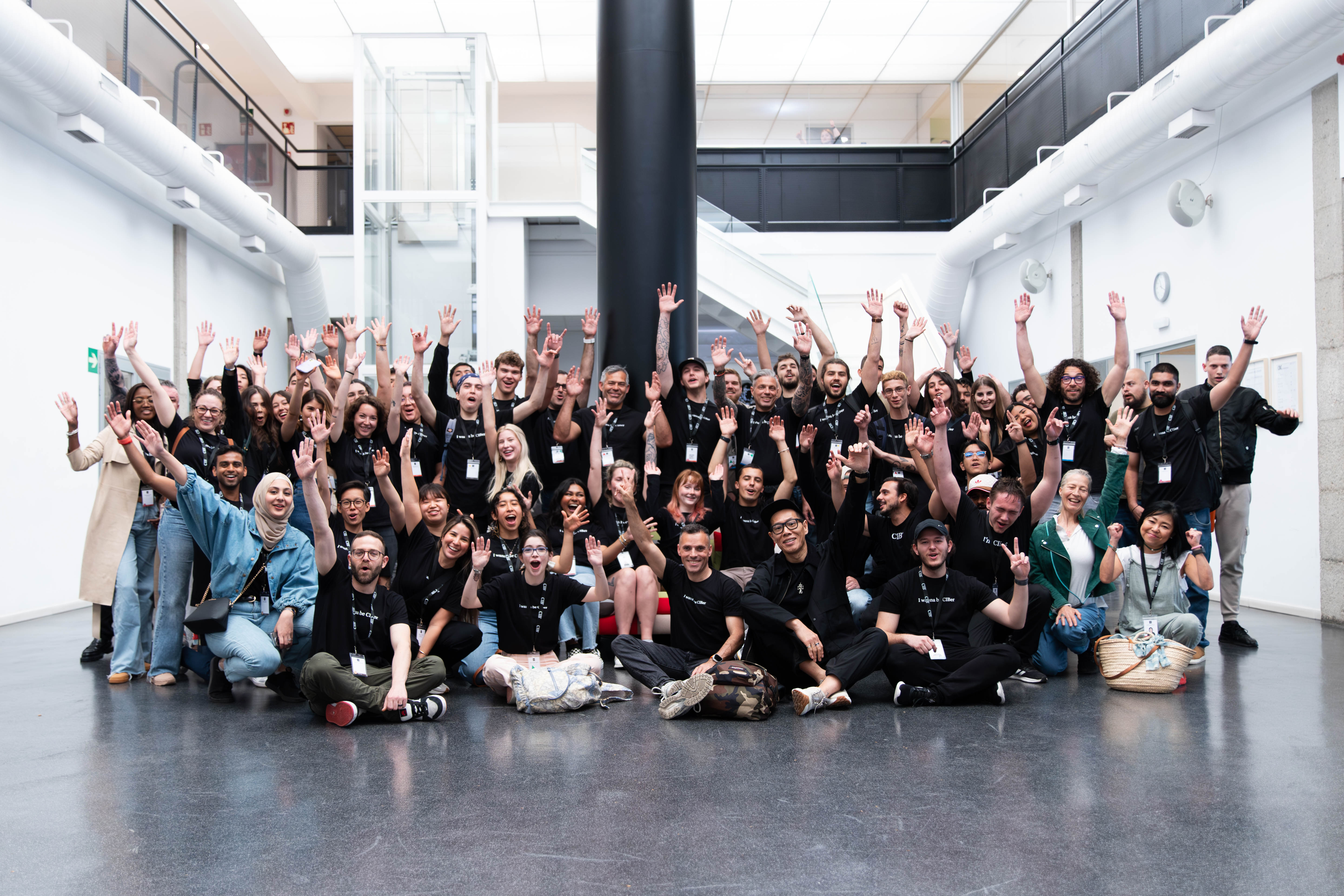CIB · Culinary Institute of Barcelona celebrates 2.000 days
The first 2000 days of life are crucial as they form our character and personality foundations. If you ask your mother how you were at five or six years old, she will likely tell you that you already showed your most defining traits, your essence, of personal character. That is why those 2000 days of upbringing are so important.
This week we celebrate our first 2000 days since the first students arrived, and I am one of those who believes that companies, and organizations, are not exempt from the laws of nature. Just like living organisms, they are part of a complex and constantly evolving ecosystem. Observing the business environment through the lens of nature, we can see how natural laws influence and shape the destiny of organizations. Those who are not useful to the ecosystem or who do not adapt to inevitable changes face extinction. This analogy is not only powerful but also fundamental to understanding the dynamics of business in the 21st century.
In nature, every living being has a purpose and a function that contributes to the balance of the ecosystem. Similarly, companies must be useful to their environment, whether by offering innovative products, essential services, or solutions to social and environmental problems. Companies that fail to find and maintain their utility inevitably lose relevance and disappear. For example, iconic brands like Blockbuster or Kodak, which once dominated the market, failed to adapt to new demands and technologies, resulting in their obsolescence.
Charles Darwin taught that survival is not about being the strongest, but about being the best adapted. This principle is equally applicable to the business world. Companies must be in a constant state of evolution, ready to adapt to market changes, emerging technologies, and consumer preferences. Those that remain static, attached to obsolete business models, or resistant to change are quickly overtaken by more agile and adaptable competitors.
The case of Nokia is a paradigmatic example. At its peak, Nokia dominated the mobile phone market. However, its inability to anticipate and adapt to the smartphone revolution led by Apple and Android resulted in a dramatic decline. This failure was not due to a lack of resources or capacity but to a lack of adaptation and vision for the future.
In natural ecosystems, competition and collaboration coexist and are essential for survival. Companies must also find a balance between competing and collaborating. Competition drives innovation and continuous improvement, while collaboration allows for synergy and the creation of shared value. Companies that understand when to compete and when to collaborate tend to thrive in the long term.
A good example of this is the technology industry, where companies like Apple and Samsung fiercely compete in some areas while collaborating in others, such as in the supply chain of components. This duality allows them to strengthen their position in the global market and continue innovating.
Finally, sustainability has become a matter of survival both in nature and in business. In a world where resources are finite and environmental concerns are growing, companies that ignore sustainability risk falling behind. Those who adopt sustainable practices not only contribute to the health of the planet but also improve their long-term viability.
The CIB cannot escape the laws of nature either. It must be useful, and adaptable, balance competition and collaboration, and adopt sustainability as a priority. Only those companies that achieve this not only survive but thrive in this constantly changing business ecosystem. The key is to observe, learn, and apply the lessons that nature offers us, thus ensuring a dynamic and resilient future.
We have completed our first stage of learning; we know much more now than when we started this challenge in 2019. As planned, it has not been easy, but we are proud of the result. We occupy a very privileged position in our corner of this ecosystem. We have a highly professional team, involved and committed to this international educational project.
During these 2000 days, we have trained, acquired a character, and established a unique organizational culture. We have done this with over 200 professionals who have adapted and met our pedagogical quality standards, knowing that it is not easy to unlearn to avoid being ejected by this centrifugal force of adaptation. And thanks to the more than a thousand students who have passed through our center since January 8, 2019. Each one of them has contributed to forming, establishing, and settling this very special character that is the Culinary Institute of Barcelona, the CIB, adopting our values as a development weapon and thus contributing their grain of sand to improving the ecosystem of the restaurant industry.
To all of you, thank you very much for joining us on this exciting journey that is the construction of a somewhat better world. We have just begun.
Ferran Fisas
President and Founder of the Culinary Institute of Barcelona



